Starbucks and other coffee giants face new petitions alleging forced labor in Brazil’s coffee industry, threatening supply chains and corporate reputations.
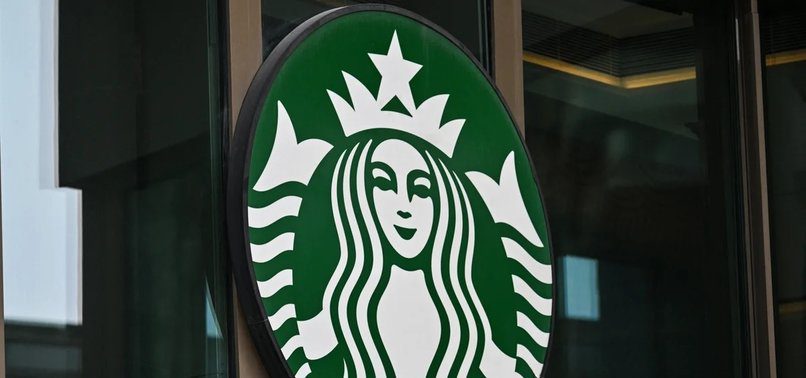
Petitions Demand Immediate Action
Major brands like Starbucks, Nestlé, Dunkin’, Illy, JDE, and McDonald’s could soon face serious legal and reputational risks.
New petitions have been filed against these global giants, accusing them of profiting from coffee linked to slave-like working conditions in Brazil.
International Rights Advocates (IRAdvocates) and Coffee Watch submitted formal complaints in the U.S. District Court in Washington this week. Their demand is simple yet powerful: ban all imports of coffee tainted by slavery and forced labor from Brazil.
Slavery Allegations Target Starbucks and Others
At the heart of the accusations is Starbucks’ coffee supply chain. Coffee Watch claims that many farmworkers in Brazil, the world’s largest coffee producer, are subjected to inhumane and exploitative conditions.
“The coffee industry, led by Starbucks, has slaves working in its supply chain right this minute,” – said
Etelle Higonnet, Coffee Watch’s founder and director.
Higonnet emphasized that while Starbucks profits from its premium pricing, the very workers who pick the beans often endure brutal exploitation.
Pressure Mounts as Evidence Grows
Terry Collingsworth, founder of IRAdvocates and attorney for the plaintiffs, went even further.
He said that despite slavery being officially abolished long ago, Starbucks’ coffee operations in Brazil still depend on trafficking and forced labor.
“Consumers are paying obscene amounts for a cup of Starbucks coffee that was harvested by trafficked slaves,”
“It is time to hold Starbucks accountable for profiting from human trafficking.” – Collingsworth stated.
Coffee Watch warned that if the U.S. government agrees to block coffee imports tied to slavery, it could devastate Starbucks’ Latin American supply chain — a critical source amid ongoing trade disruptions with Asia.
A Tipping Point for the Coffee Industry?
The petition marks a potential turning point not just for Starbucks but for the entire coffee sector.
Brands long praised for ethical sourcing may soon be forced to prove it under the harsh spotlight of public scrutiny and legal action.
For Starbucks, the stakes could not be higher.
Failure to address these allegations could damage consumer trust, threaten supply chains, and tarnish its carefully curated image as a socially responsible brand.
As Coffee Watch put it, ending slavery in the coffee industry must start with the world’s biggest players — and Starbucks is firmly in the crosshairs.

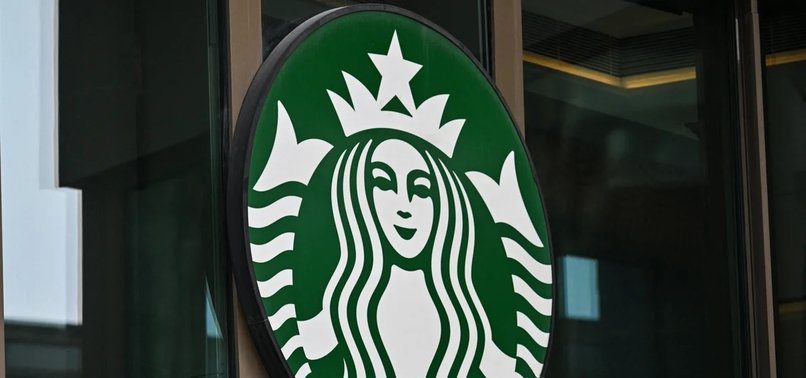

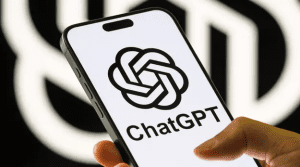


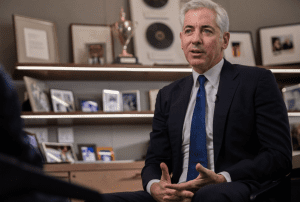



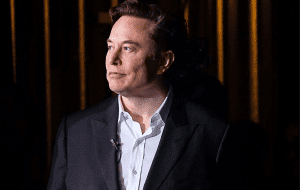

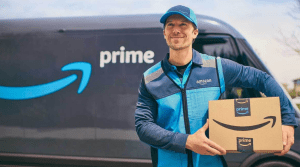




Comments are closed.